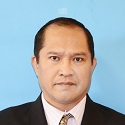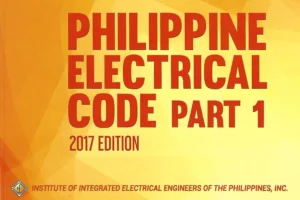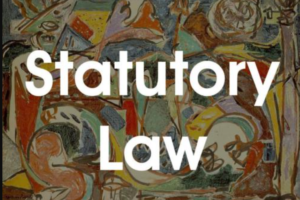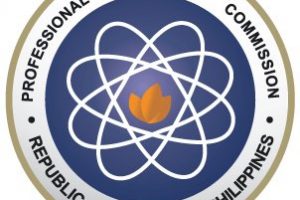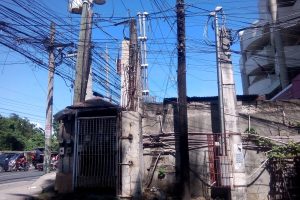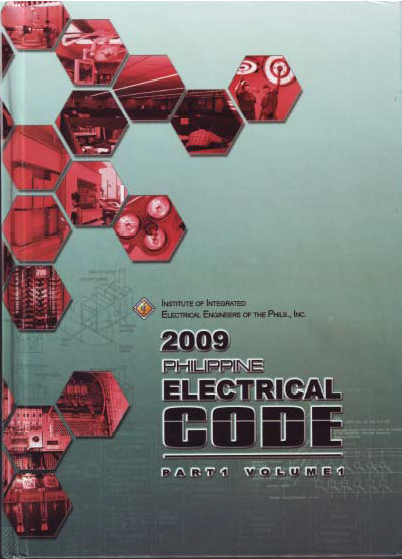Implications for Filipino Electrical Engineers and the Philippine Electrical Code (PEC)
1. Introduction to EMS in NEC 2023
The 2023 edition of the National Electrical Code (NEC) introduced Section 220.70 to formally recognize Energy Management Systems (EMSs) in the context of electrical load calculations. The definition provided by NEC describes EMS as:
"A system consisting of any of the following: a...
A Technical Review of NEC 2023 Updates Compared with PEC 2017 Provisions
1. Introduction
The National Electrical Code (NEC) serves as the benchmark for electrical design, installation, and safety practices in the United States and is a reference standard in many countries. The Philippine Electrical Code (PEC), specifically the PEC 2017, is adapted from the NEC 2007, which means that its provisions are more than a decade behind the current safety...
Posted in Featured Articles on July 29th, 2025
Understanding Direct Supervision under Republic Act No. 7920: Enforcement and Legal Implications for Professional Electrical Engineers
A. Introduction
Republic Act No. 7920, also known as the New Electrical Engineering Law of the Philippines, governs the licensing, regulation, and ethical practice of electrical engineers and electricians in the country. Among its key provisions is the concept of "direct supervision", which is central to the lawful use of a Professional Electrical Engineer’s (PEE’s) professional seal.
This article explores...
Posted in Featured Articles on July 28th, 2025
Understanding Rule 9 of the Implementing Rules and Regulations of Republic Act No. 7920: The Interpretative Authority of the Board of Electrical Engineering
Introduction
The Philippine Electrical Engineering profession is governed primarily by Republic Act No. 7920, also known as the “New Electrical Engineering Law.” To support and effectively implement its provisions, the Board of Electrical Engineering (BEE) issued Board Resolution No. 18, Series of 1995, which sets the Implementing Rules and Regulations (IRR) of the said law.
One of the most important provisions...
The Scope and Legal Definition of Electrical Engineering Practice in the Philippines Under Republic Act No. 7920
Introduction
The safe, reliable, and ethical execution of electrical work is vital to the integrity of public infrastructure, industry, and national development. In the Philippines, this responsibility is safeguarded by Republic Act No. 7920, also known as the “New Electrical Engineering Law.” Enacted in 1995, this law modernized and expanded the regulatory framework governing electrical engineers and electricians,...
Uplifting the Electrical Engineering Profession in the Philippines: Addressing Systemic Neglect, Unsafe Practices, and Corruption
Abstract
In the Philippine construction industry, Electrical Engineering is often marginalized, resulting in unsafe installations, non-compliance with technical standards, and rampant use of unlicensed practitioners. The situation is further exacerbated by systemic corruption and professional boundary violations by other disciplines. This article outlines the major challenges confronting the electrical engineering profession, proposes reform measures, and highlights the critical role...

